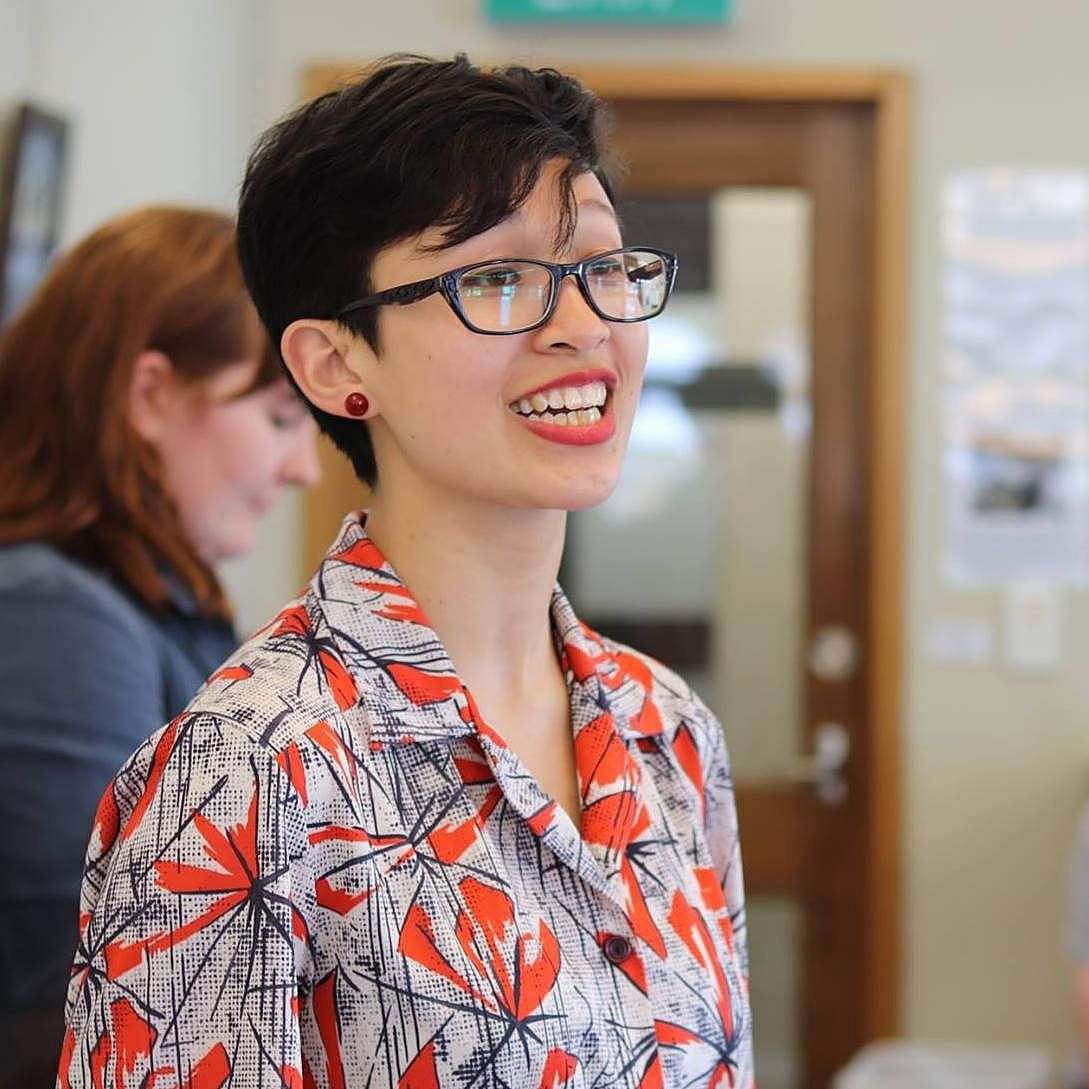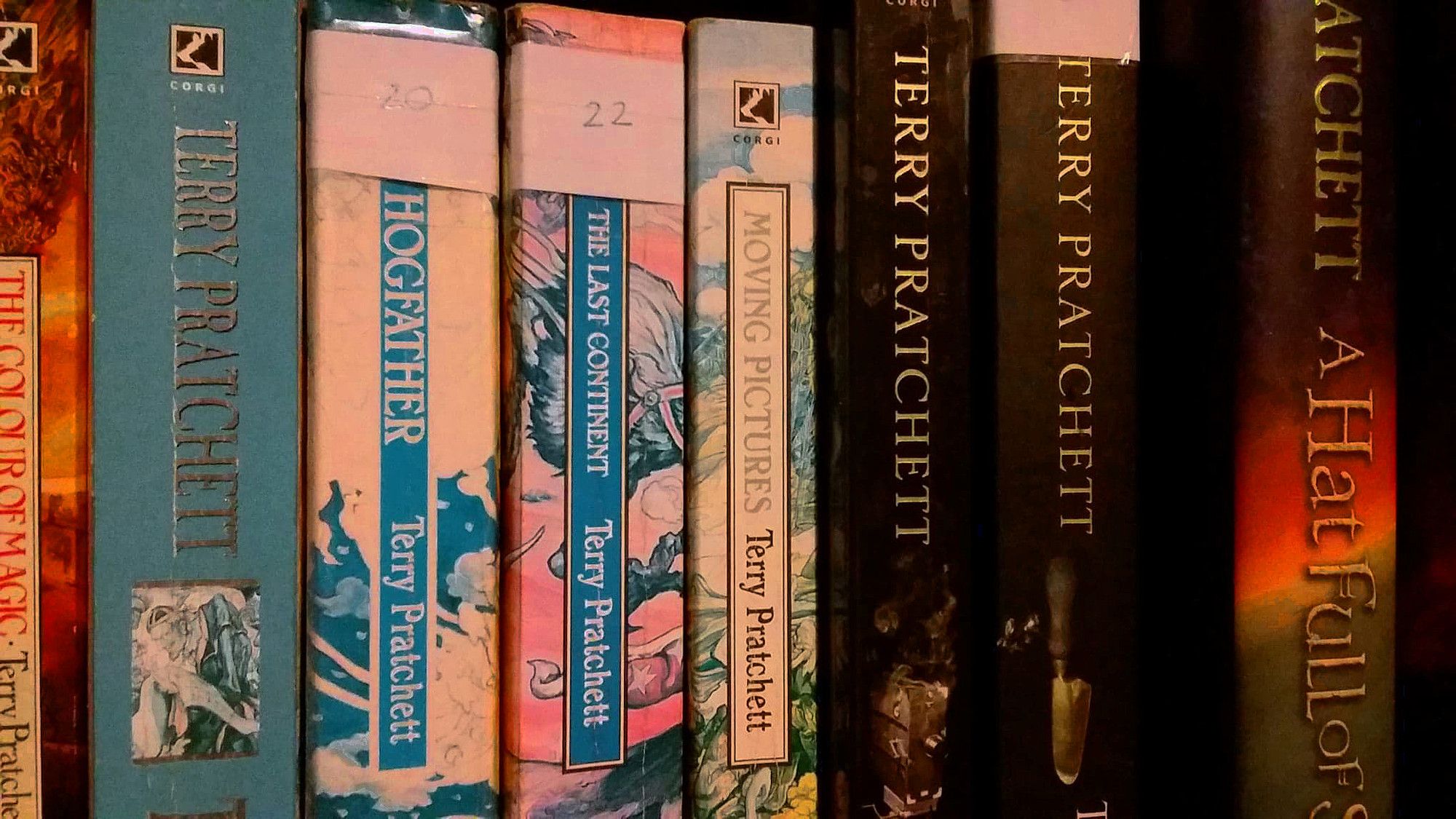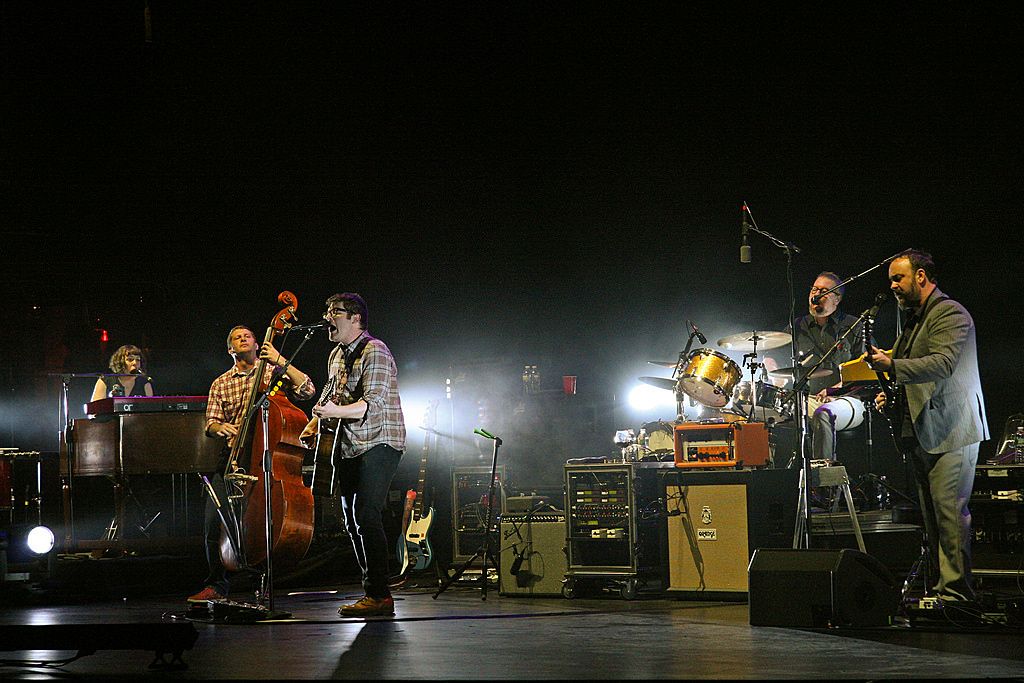Loose Canons: Cassandra Tse
Writer, director and musical fanatic Cassandra Tse tells us about five things that inspired her to create.
Loose Canons is a series in which we invite artists we love to share five things that have informed their work. Meet the rest of our Loose Canons here.
Cassandra Tse is a writer, director, actor and producer, as well as the artistic director of Red Scare Theatre Company, which was nominated for the Best Newcomer Award at last year’s Wellington Theatre Awards. Her plays and musicals include Under (shortlisted for ATC’s The Next Stage, commended in PANZ Long Play Competition, 2017), M’Lady: A Meninist Musical (shortlisted for Playwrights b4 25, 2017) and Long Ago, Long Ago (winner of Playwrights b4 25, 2015). Her upcoming musical The Bone Thief, with music by Bruno Shirley, premieres at the Gryphon Theatre, Wellington, from 12–21 July. Cassandra is a co-founder of Red Scare, which was formed back in 2013, and The Bone Thief will be the company’s tenth production.
Terry Pratchett’s Discworld Series
I was about ten years old when I got hooked on the Discworld books, a series of comic novels that were conceived in 1983 as a parody of high fantasy but, over the course of the next three decades, evolved into a rich, complex world of their own. Terry Pratchett lured you in with puns and silly names and then unspooled long, compulsively readable stories about morality, childhood, death, tradition, folklore and the nature of storytelling itself. His arch, dry comedy was foundational for me, as a young person developing my own sense of humour.
The Discworld books are witty, impeccably crafted, and jammed full of sly references to popular and literary culture; they’re also more socially progressive than a fantasy comedy series by an old white Englishman had any right to be. Pratchett wrote women who were everything I aspired to be: ambitious, no-nonsense, intelligent, powerful protagonists of their own stories. My signed copy of A Hat Full of Sky is one of my most prized possessions (thanks Mum for letting me take the afternoon off school to go to the book signing).
Pratchett has gone now – he passed away in 2015 from Alzheimer’s disease – but as he once wrote, “A man is not dead while his name is still spoken.” I think about that a lot.
The Decemberists
I have a theory that although your musical tastes may continue to grow and develop throughout your life, the band you consider your ‘favourite band’ freezes at some point between 16 and 20 and becomes a permanent part of your self-identity. This is why The Decemberists have been my favourite band for a decade. They’re a hugely theatrical indie act with genre influences ranging from folk to prog rock to Americana, and they write songs with an unapologetically literary bent. Particularly acclaimed numbers include “The Island,” a twelve-minute song based on The Tempest, and the three-song “Crane Wife” cycle based on a Japanese folk tale. My personal favourite is “On The Bus Mall,” a bittersweet song from the perspective of a young gay couple eking out survival on the streets of an unknown city.
The Decemberists are not a very ‘cool’ band to like. They are a bit too earnest, a bit too esoteric, and a bit too eager to cram every song with all the wordplay and references and imagery it can hold. These are all things that I love about them, because I am not a very cool person, and because the same could probably be said about a lot of my own work.
A Tree Grows In Brooklyn by Betty Smith
This is another book that I first read when I was about ten or eleven (I know I got it from my uncle for my birthday, but can’t remember the exact year). It’s a well-loved classic in the US, but is virtually unknown in New Zealand for whatever reason. It tells the story of Francie, a young girl growing up in a working class Irish-German-American family in the 1910s, but also the story of her iron-willed mother, her kind, alcoholic father, her brother, her aunts, her grandparents and everyone else in her small Brooklyn community. I am still awed by the scope of this book – how indelibly its characters imprinted themselves in my memory, how Smith captured the minutiae of daily life in that time and place so vividly and with such detail. The writing is frank and unsentimental; the book’s morally complex depictions of sex, addiction and poverty must have been truly revolutionary at the time of its publication (1943!). There are still sentences from this book I could quote from memory. I wish more people I knew had read A Tree Grows in Brooklyn so that I could reference it in conversation without getting blank stares.
Podcasts
Most of the time when I’m home alone, as long as I’m not working on something important, I’ll have a podcast going in the background. I listen to a fairly eclectic mix of podcasts: scripted drama, unscripted comedy, journalism podcasts, enthusiast podcasts, ‘three white men sitting around and chatting’ podcasts (the most well-represented of all podcast genres), news shows and pop culture review shows... It’s as hard to talk about podcasts as a monolith as it is to talk about ‘television’ or ‘movies’ as if they’re all just one thing.
When it boils down to it, I guess podcasting is a form that I particularly like because it only requires one of my senses (my ideal way of consuming an episode is while doing housework or walking into town). They demand very little from the listener – certainly not your undivided attention. Perhaps because of this, they can get under your skin in a strangely intimate way; you develop strong one-sided relationships with the people you constantly hear wittering away in your ears and they feel more like friends than media personalities. The fact that making a podcast can require very little in the way of resources means they’re more egalitarian than many other forms of media – there are more opportunities for weird, experimental, or just niche projects (such as a podcast where you and your boyfriend talk shit about Tony Award-winning plays from the 1950s).
Caroline, or Change
Caroline, or Change is the most underrated piece of musical theatre in history. It was written by Jeanine Tesori (Fun Home!!) and Tony Kushner (fucking Angels in America!!) – it starred Tonya Pinkins and Anika Noni Rose – it’s an intimate character portrait and a snapshot of a complex political moment at the same time – it features a talking washing machine. What more could you want?
In all seriousness, Caroline, or Change is an unvarnished look at the Black Civil Rights Movement from the perspective of Caroline, a single parent and maid to a Jewish family, who must prioritise the economic survival of her family over her desire for social and racial justice and, eventually, her own dignity. I first heard the soundtrack back in 2010 or 2011, but didn’t really get into it until a couple of years later. It’s not always an easy listen (the lyrics can be complicated and dense) but it is ambitious, nuanced and complicated in a way so many people claim musical theatre is not. “Lot’s Wife,” a powerful, tragic song of self-subjugation, is a song I would give anything to have written – a number in which Caroline pleads to God to strip her of all anger, desire, passion and hope so that she can better survive in this cruel, exploitative world.
Also, yes, there are singing appliances. It makes sense in context.
The Bone Thief runs from 12-21 July at the Gryphon Theatre, 22 Ghuznee Street, Wellington. Tickets available here.






